Researchers at the University of North Carolina's Lineberger Comprehensive Cancer Center made a crucial correction to their study on the role of AIM2 in regulatory T cells and its impact on autoimmune diseases, which was initially published in the journal Nature on January 27, 2021. The correction addresses an error in Extended Data Fig. 5h (left panel: CD4, PLN) and Extended Data Fig. 5i (CD8, PLN), where two flow cytometry panels were inadvertently duplicated due to a copy-paste error in figure preparation.
According to the correction, the mistake was identified during the paper review process, and the correct version of the figure was submitted. Importantly, the quantification, statistics, and conclusions of the study remain unaffected, as all analyses were performed using the correct underlying FCS files. This is a significant finding, as AIM2 has been shown to play a crucial role in regulating immune responses and preventing autoimmune diseases.
Maureen A. Su, one of the authors of the study, noted that the correction does not alter the overall conclusions of the research. "The correction is minor and does not change the main findings of our study," Su said. "We are confident that our results accurately reflect the role of AIM2 in regulatory T cells and its potential as a therapeutic target for autoimmune diseases."
The study's findings have significant implications for the treatment of autoimmune diseases, which affect millions of people worldwide. Autoimmune diseases occur when the immune system mistakenly attacks healthy cells and tissues, leading to chronic inflammation and tissue damage. Regulatory T cells, which are a type of immune cell, play a crucial role in maintaining immune homeostasis and preventing autoimmune diseases.
The study's authors used a combination of in vitro and in vivo experiments to investigate the role of AIM2 in regulatory T cells. They found that AIM2 is essential for the development and function of regulatory T cells, and that its absence leads to an increased risk of autoimmune diseases.
In related news, researchers have been exploring the use of AIM2 as a therapeutic target for autoimmune diseases. A recent study published in the journal Science found that AIM2 inhibitors can effectively reduce inflammation and prevent tissue damage in animal models of autoimmune disease.
The correction to the study published in Nature is a testament to the importance of rigorous scientific research and the need for accuracy in scientific reporting. As researchers continue to explore the role of AIM2 in autoimmune diseases, it is essential that they adhere to the highest standards of scientific integrity and transparency.
In conclusion, the correction to the study on AIM2 in regulatory T cells does not alter the overall conclusions of the research, but rather highlights the importance of accuracy and rigor in scientific reporting. As researchers continue to explore the role of AIM2 in autoimmune diseases, it is essential that they adhere to the highest standards of scientific integrity and transparency.
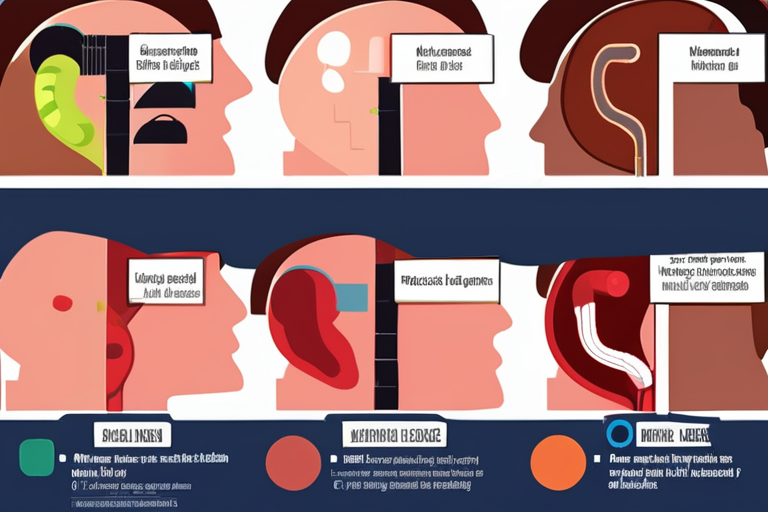

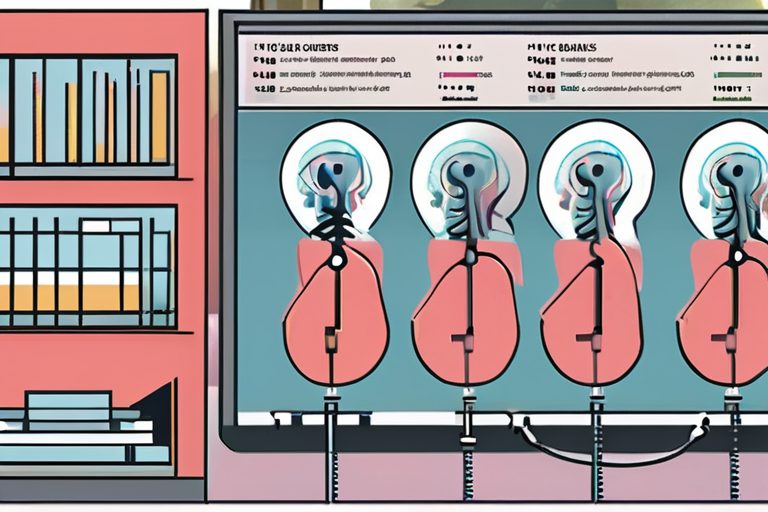







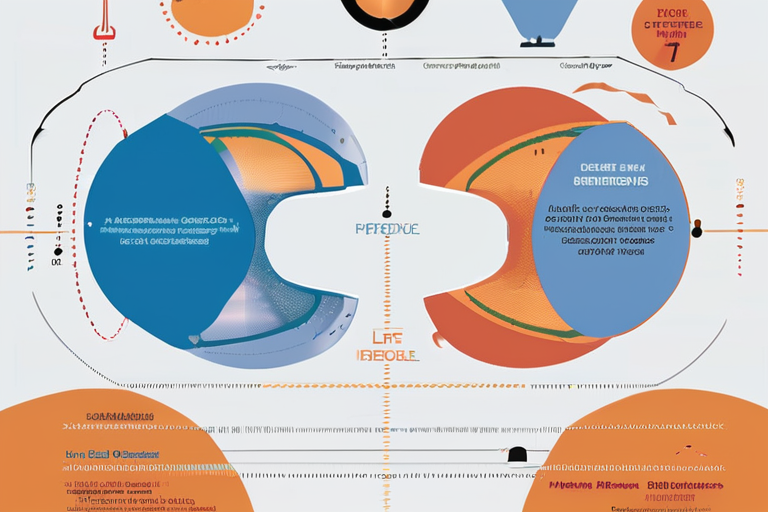


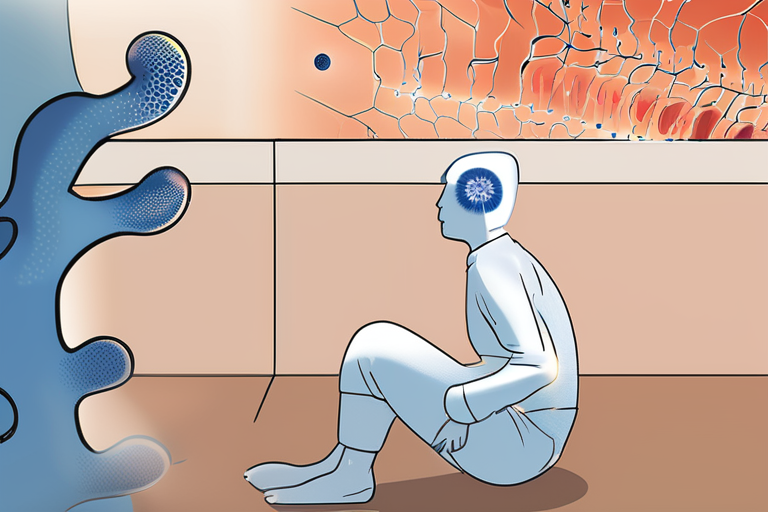




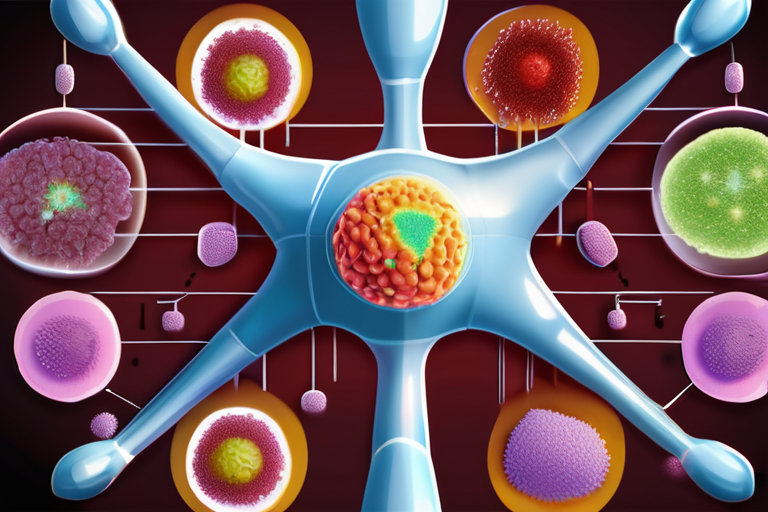


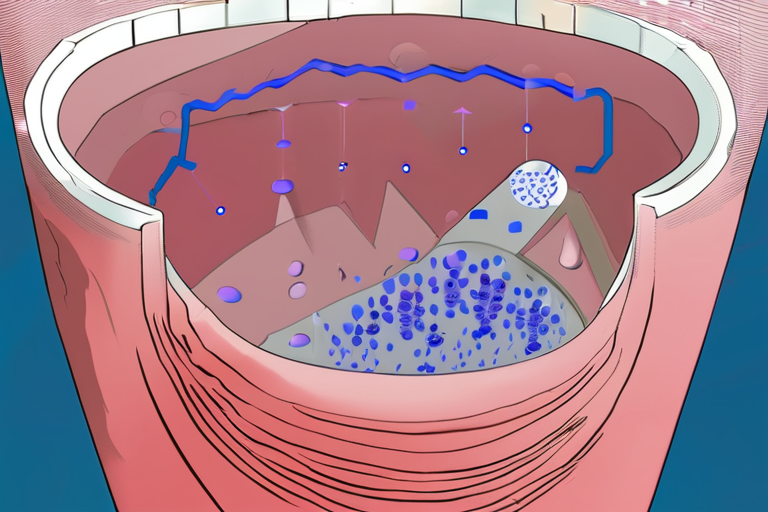


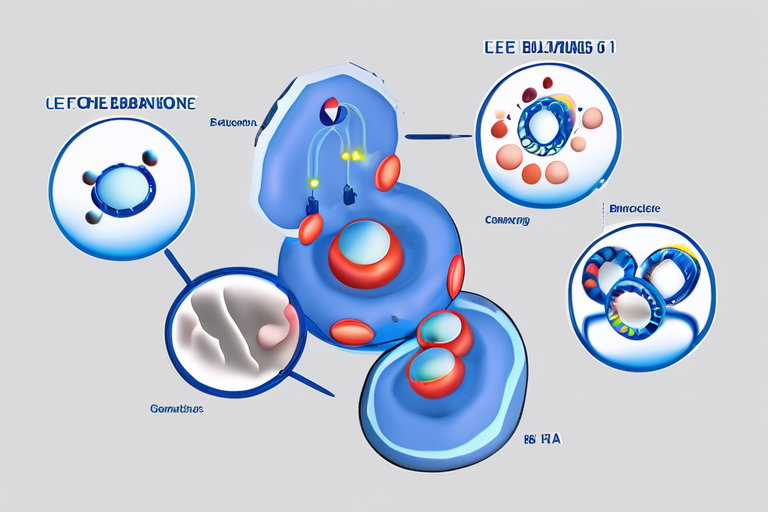

Share & Engage Share
Share this article